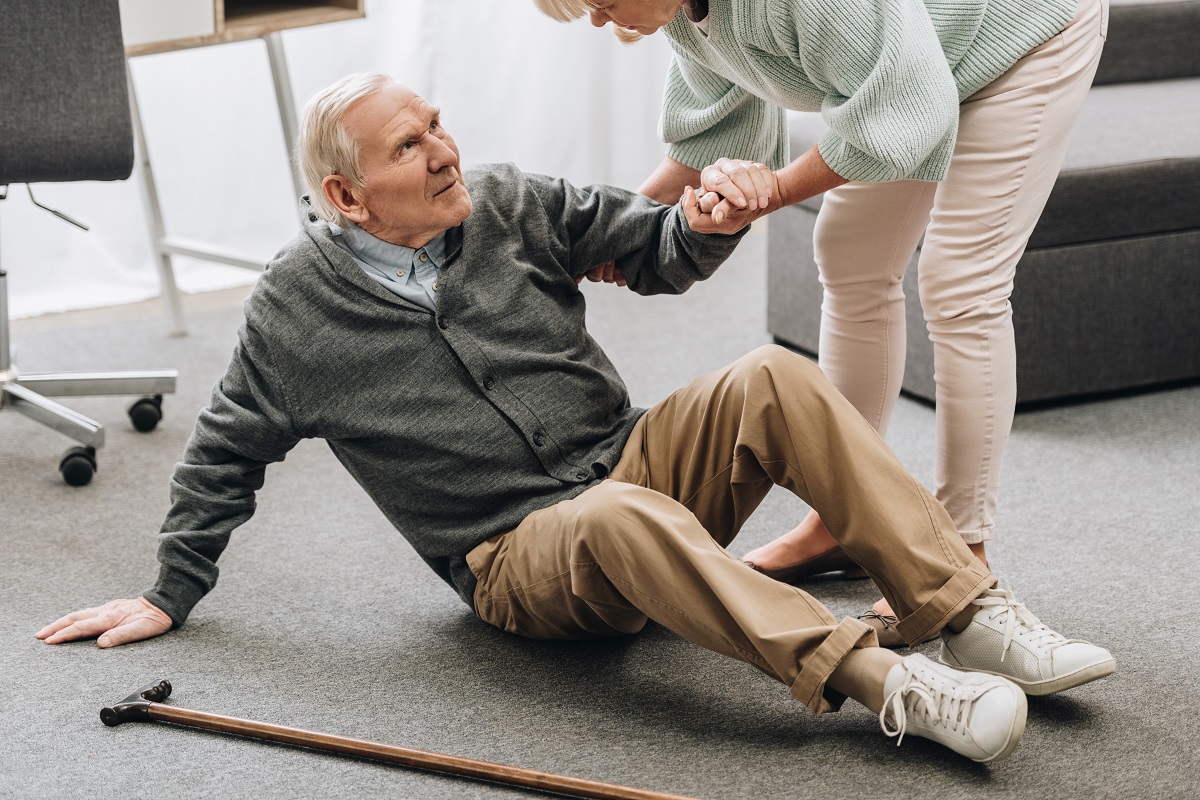Older people often have balance issues that may result from inner ear problems that leads to vertigo. Balance problems can be a stand-alone condition or result from other health conditions as well. Seniors should see their doctor and perhaps a chiropractor, do balance exercises, and try meditation and diet.
In the United States, around 36 million older adults (65 years old and above) fall annually. Falls — the leading cause of injury and fatality among seniors — often result from a loss of balance.
Balance problems are a persistent concern for aging people but can be addressed with the help of exercise, diet, medication, and surgery.
What Is The Main Cause Of Balance Problems In Senior Citizens?
Someone has good balance if they can distribute their weight properly — allowing them to move or stay stationary without falling and recover on their own once they’ve tripped.
Among older people, balance disorders are mainly caused by issues in the vestibular system. Also known as the labyrinth, this system is part of the inner ear responsible for controlling balance. The most common inner ear problems are:
- Labyrinthitis (Inflammation or infection of the labyrinth)
- Meniere’s Disease (This inner ear disorder makes someone feel dizzy and experience a sensation of fullness in the ears)
- Benign Paroxysmal Positional Vertigo (BPPV causes an intense sensation of spinning called vertigo)
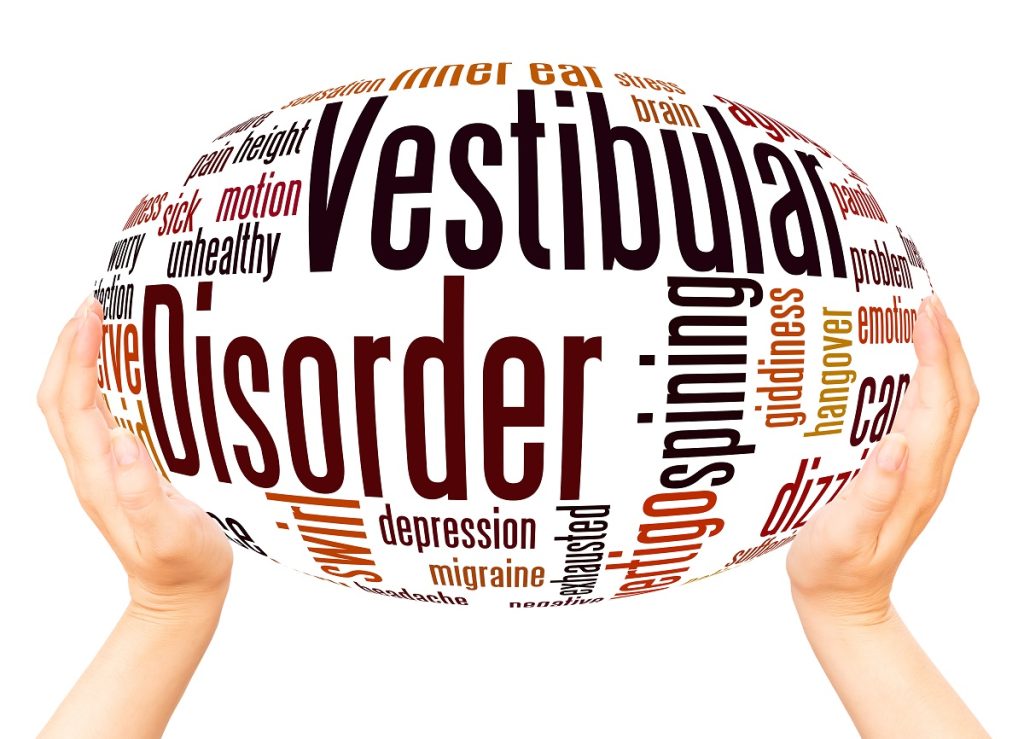
Other causes include:
Age-related Hearing Loss
Medically known as presbycusis, this condition can result from changes in the middle ear or vestibular neuropathy (wherein nerve pathways in this part of the ear get damaged).
Vision Impairment
Having good eyesight plays a crucial role in one’s sense of balance. If someone has eye issues like cataracts, glaucoma, or macular degeneration, they will be more at risk for developing balance problems.
Low Iron Levels
Anemia happens when the body lacks healthy red blood cells, which provide oxygen to different body parts. Iron is needed to produce these cells. The lack of it can make you feel weak and affect your balance.
Blood Pressure Problems
High blood pressure (hypertension) or low blood pressure (hypotension) may also result in balance issues in elderly adults.
Blood vessels are where blood passes through to reach different organs. And only one main artery supplies oxygen and nutrients to the body’s balance system. If it is affected by blood pressure or cardiovascular issues, this can impair the function of the organs responsible for balance.
Chronic Health Conditions
Long-term conditions like diabetes, heart disease, multiple sclerosis, and neurological conditions (e.g., Alzheimer’s, Parkinson’s disease) can throw the elderly off balance. These medical conditions are linked to nerve damage or neuropathy, which can impede the body’s balance system functioning.
Medication Side Effects
Medications taken by seniors can cause side effects such as dizziness and drowsiness. These side effects intensify when someone takes more medications.
Head Injury
Head injuries and concussions can cause someone to experience vertigo. This is why caregivers must ensure that a senior’s residential space has no hazards to prevent accidents that can cause such injuries in the first place.
What Kind Of Balance Issues Do The Elderly Have?
Balance issues limit the mobility and functionality of the elderly. You may notice older adults having trouble standing up on their own or staggering or stumbling when they walk. They may also find climbing or descending stairs difficult to do without tripping or bending over without losing their balance.
Their unsteadiness makes it hard for aging adults to perform activities of daily living. Worse, it can lead to falls and other accidents, resulting in serious injuries or even death.
What Are The Symptoms Of Imbalance?
The National Institute on Aging (NIH) lists the following symptoms of balance problems:
- Dizziness or vertigo
- Lightheadedness
- Faintness
- Sensation of falling or floating
- Blurry vision
- Disorientation or confusion
- Nausea and vomiting
- Diarrhea
- Heart rate and blood pressure changes
- Fear, anxiety, or panic
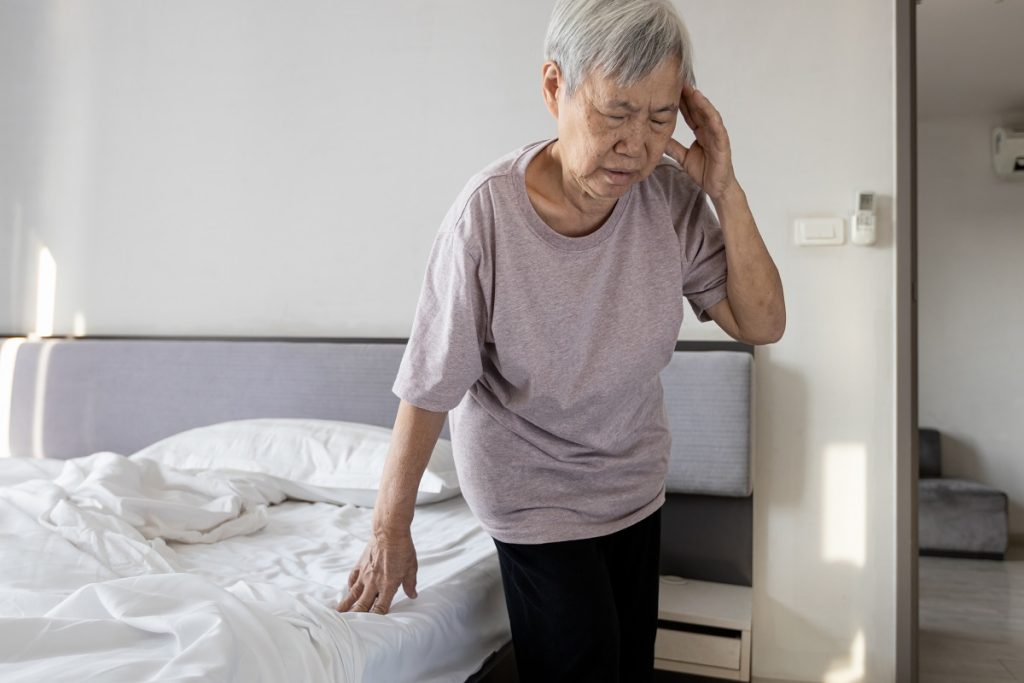
These symptoms can show up intermittently or last long. Frequently experiencing these symptoms can cause physical and mental fatigue to the concerned individual.
At What Age Does Balance Decline?
Though older adults are more prone to showing balance concerns, balance deterioration begins around 25. From this point forward, the bones will shrink in size and density. In your 30s, you will also begin losing muscle mass, making you weaker and less flexible.
Both bones and muscles are essential components of the body’s complex balance system. A poor sense of balance can further be aggravated as aging individuals develop vision and vestibular or inner ear problems. The most noticeable changes in your balance can show up by the time you reach your 60s.
Why Do The Elderly Lose Balance?
The sensory system and central nervous system work together to promote a sense of balance. If you have balance issues, there could be something wrong in a part of the inner ear, brain, eyes, joints, muscles, and bones.
Additionally, it can indicate that you have any of the underlying causes mentioned above (e.g., anemia, neurological conditions, blood pressure issues). It’s best to talk to your healthcare provider to determine what exactly causes your balance issues.
What Is The Main Concern When Balance Declines?
A lot of a person’s independence is anchored to a good balance. However, in the US, about 8 million adults in the US have balance disorders every year. Balance problems also affect nearly 40% of older adults.
When balance declines, one’s mobility is greatly affected, and the risk of falling heightens. Falls happen when your body’s capabilities don’t meet the postural control that a certain situation demands (whether you’re climbing the stairs, picking up an object, or simply walking).
According to the US Centers for Disease Control and Prevention, 3 million older people get emergency treatments because of fall injuries annually. Falls are also the leading cause of traumatic brain injuries. Apart from injuries to the brain, fall accidents can cause broken bones, such as hip fractures.
How Do You Treat Balance Issues In The Elderly?
Older adults with balance concerns should consult their physicians to address the underlying cause of their issues. For instance, if low iron levels cause balance issues, the elderly must be treated for anemia.
Whenever necessary, they may also have to undertake recommended therapies. A physical therapist will help a patient perform balance exercises to enhance balance. Vestibular rehabilitation is a special kind of therapy that manages dizziness and imbalance.
Research also shows that chiropractic care effectively improves the conditions of people suffering from balance issues. This type of care employs a multifaceted approach that addresses many problems — including those related to the muscle, bones, joints, the spine, and even the inner ear.
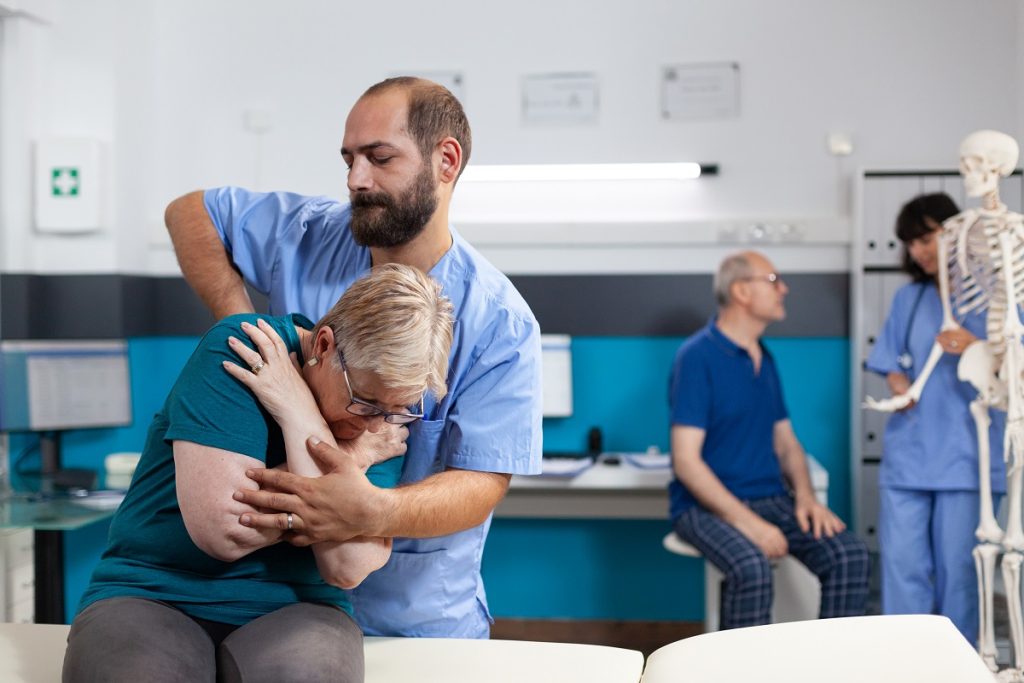
What Can You Do To Prevent Balance Problems?
The deterioration of different bodily functions is normal as one ages. But there are things you can do to promote a good sense of balance — and, ultimately, enhance your quality of life.
Get Enough Calcium And Vitamin D
As stated in a Mayo Clinic article, adults need at least 1,000 milligrams of calcium daily. It increases to 1,200 mg per day for women once they hit 51 and men once they reach age 71. Meanwhile, the recommended daily intake of Vitamin D is 600 international units. For adults over 70, it increases to 800 IU.
You can get these nutrients from broccoli, kale, salmon, tuna, and eggs.
Regularly Engage In Balance Exercises
One of the fall prevention methods is to perform balance-enhancing exercises, including:
- Tai chi, pilates, and yoga
- Eye tracking
- Body circles
- Toe lifts
- Single-limb stance
- Side leg raise
- Marching in place

Eliminate Safety Hazards
Do you have a loved one receiving home care? Do you want to reduce your household’s risk of falling? Inspect your property and eliminate hazards that can cause any of your family members to fall.
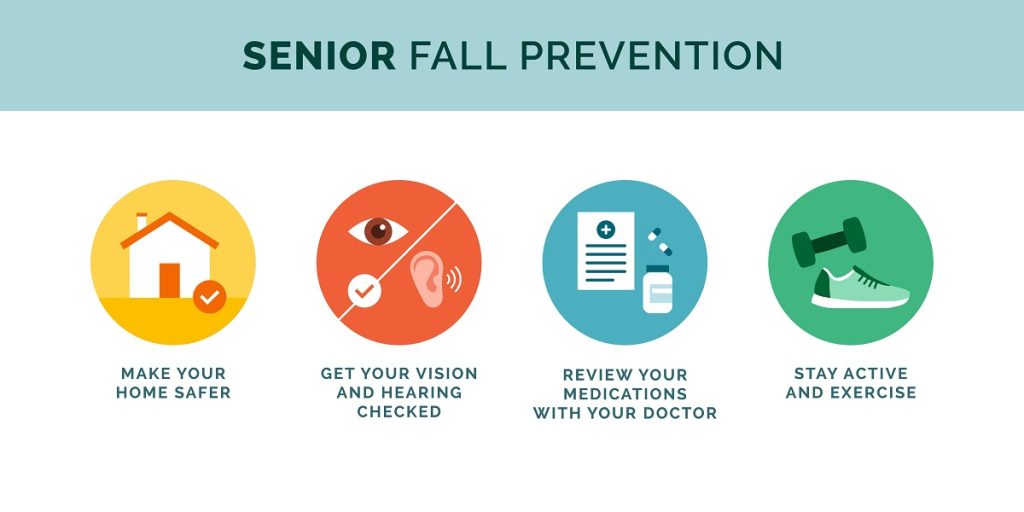
Evaluate Medications
If you experience side effects from medications, it can throw off your sense of balance. It pays to regularly evaluate medications and attend physician’s checkups to assess your health conditions properly.

